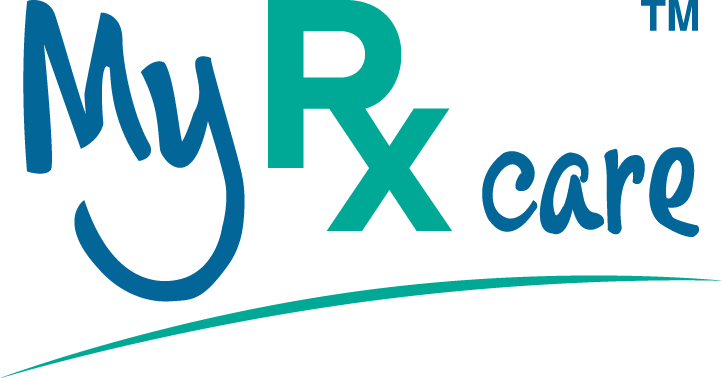The impact of biosimilars on the biopharmaceutical industry and their potential to promote innovation
The biopharmaceutical industry is an essential component of the global healthcare system, providing life-saving treatments for a wide range of conditions. However, the high cost of many biologic drugs has become a significant challenge for patients, healthcare providers, and payers alike. The introduction of biosimilars…
The future of healthcare mobile apps in Canada
The future of healthcare in Canada is closely tied to the development and integration of mobile apps. These apps have the potential to revolutionize the way that Canadians access and receive healthcare, making it more convenient, accessible, and personalized. One of the key areas where…
The difference between biologics and biosimilars
Biologics and biosimilars are both types of drugs used in the treatment of various medical conditions, including cancer, autoimmune diseases, and chronic conditions like rheumatoid arthritis. Biologics are a type of medication that is made from living organisms or biological substances, such as proteins or…
Canadian pharmaceutical industry: the role of the pharma sales rep
Pharmaceutical sales representatives, commonly known as “pharma reps,” play a crucial role in the Canadian pharmaceutical industry. These professionals work with doctors, hospitals, clinics, and pharmacies to promote the sale of pharmaceutical drugs and medical devices. They are responsible for educating healthcare professionals about the…
Kroll Integration into the Canadian Healthcare Network
The Kroll Patient Management System (KPMS) is a comprehensive solution for healthcare providers and institutions looking to streamline and optimize their patient care processes. As the Canadian healthcare network continues to evolve and modernize, the integration of KPMS offers several key benefits for both patients…
How clinics manage care for patients taking biologics
Biologics are a powerful tool for treating serious and life-threatening medical conditions, but managing a chronic condition with biologics can be challenging. To help patients receive the best possible care, clinics have implemented various strategies and technologies to manage patient care for patients taking biologics….
Why biosimilars are important to Canadians
Biosimilars are a growing and increasingly important topic for Canadians, and there are several reasons why these medications are so important for our healthcare system. In short, biosimilars are generic versions of biologic drugs, which are drugs made from living organisms. Unlike traditional generic drugs,…
The role of provincial government payors for Canadian drug coverage
In Canada, the provincial governments play a crucial role in providing access to prescription drugs for its residents. Each province has its own publicly funded drug plan, which is responsible for covering the cost of certain medications for eligible individuals. These programs are designed to…
Patient education: the importance of adherence to a prescribed medication
Adherence to a prescribed medication regimen is a critical component of a patient’s overall health and wellness. Medications are designed to treat specific health conditions, alleviate symptoms, and prevent or manage complications. When taken as prescribed, they can be an effective tool for improving a…
Patient education: What is a compassionate care program?
Compassionate care programs are initiatives taken by pharmaceutical manufacturers to provide access to life-saving medications for patients who can’t afford them. These programs have gained popularity in recent years as a way to bridge the gap between patients in need and access to essential treatments….

